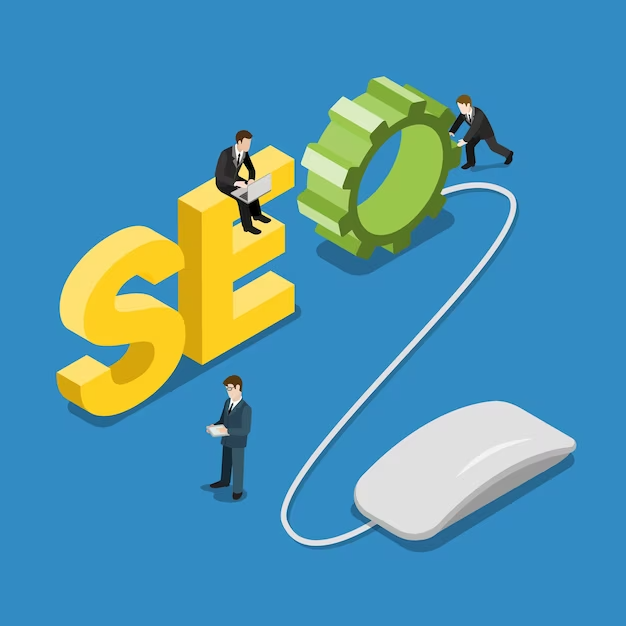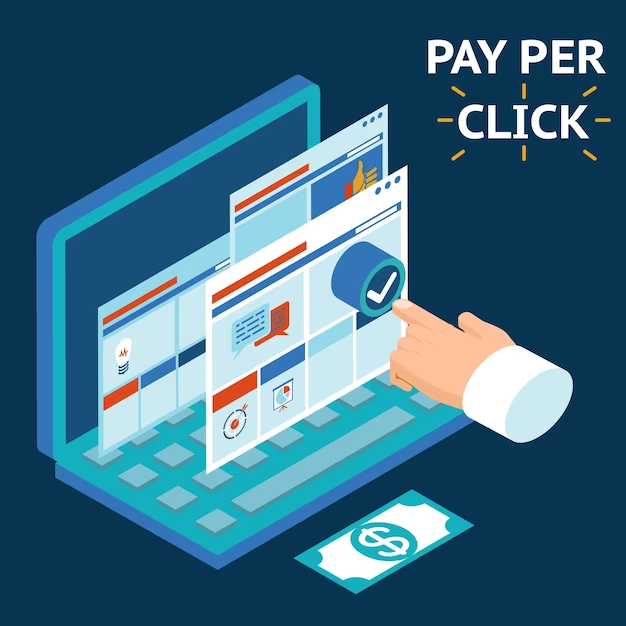
Introduction
In today’s digital landscape, businesses are constantly seeking effective strategies to enhance their online visibility and attract valuable customers. Two popular methods that have revolutionized the way brands market themselves are Search Engine Optimization (SEO) and Pay-Per-Click (PPC) advertising. Both approaches offer unique advantages and play a significant role in driving traffic to websites. However, determining which one is better suited for your business requires careful consideration of various factors. In this article, we will explore the strengths and limitations of SEO vs. PPC, helping you make an informed decision for your online marketing endeavors.
Understanding SEO
Search Engine Optimization is a process that involves optimizing a website to improve its organic visibility in search engine results. It focuses on enhancing website content, user experience, and technical aspects to align with search engine algorithms. SEO aims to drive long-term, sustainable traffic by ranking higher in organic search results. The benefits of SEO include increased brand credibility, continuous exposure, and reduced long-term costs. However, achieving significant results with SEO requires time, effort, and expertise.
Exploring PPC
Pay-Per-Click advertising, on the other hand, provides businesses with instant visibility by placing targeted ads on search engine results pages. Advertisers pay a fee each time their ad is clicked. PPC allows for precise audience targeting, immediate results, and complete control over ad campaigns. It is a suitable option for businesses seeking immediate traffic, promoting time-sensitive offers, or testing different marketing strategies. However, the costs associated with PPC can be substantial, especially for highly competitive keywords.
Comparing the Pros and Cons
- Cost: SEO is generally more cost-effective in the long run, as organic traffic is free. While it requires an initial investment, ongoing optimization efforts can yield sustainable results. PPC, on the other hand, demands a constant budget for ad placements and can become expensive, particularly for competitive industries.
- Time: SEO is a long-term strategy that requires patience. It may take months to see significant improvements in search engine rankings. Conversely, PPC offers immediate visibility as soon as campaigns go live. Businesses can start receiving targeted traffic almost instantly.
- Sustainability: SEO provides a steady flow of organic traffic even when efforts are scaled back. Once a website achieves a high ranking, it can maintain visibility without additional costs. In contrast, PPC traffic disappears as soon as the advertising budget is exhausted.
- Targeting: PPC allows precise targeting options, such as demographics, location, interests, and more. Advertisers can tailor campaigns to reach specific audiences, increasing the chances of conversion. SEO, while offering some targeting opportunities, relies heavily on the quality of content and optimization techniques.
- Click-through Rates (CTR): Organic search results tend to generate higher CTRs compared to paid ads. Many users prefer clicking on organic results, perceiving them as more trustworthy and relevant. However, PPC ads are displayed prominently, attracting attention and potentially generating quick clicks.

Conclusion
The decision between SEO vs. PPC ultimately depends on your business objectives, budget, and timeline. SEO offers long-term benefits, enhanced credibility, and sustainable traffic, making it an excellent investment for businesses looking for consistent growth. PPC, on the other hand, provides immediate visibility, precise targeting, and quick results, making it an ideal option for short-term campaigns or businesses aiming for instant traffic.
In an ideal scenario, integrating both SEO and PPC can yield optimal results. By combining the long-term benefits of SEO with the immediate impact of PPC, businesses can maximize their online visibility and attract a wider audience. Ultimately, a comprehensive digital marketing strategy should be tailored to your specific goals and continuously adjusted to meet evolving market demands.
If you are looking to buy one click here, contact us here
Follow us on Instagram
